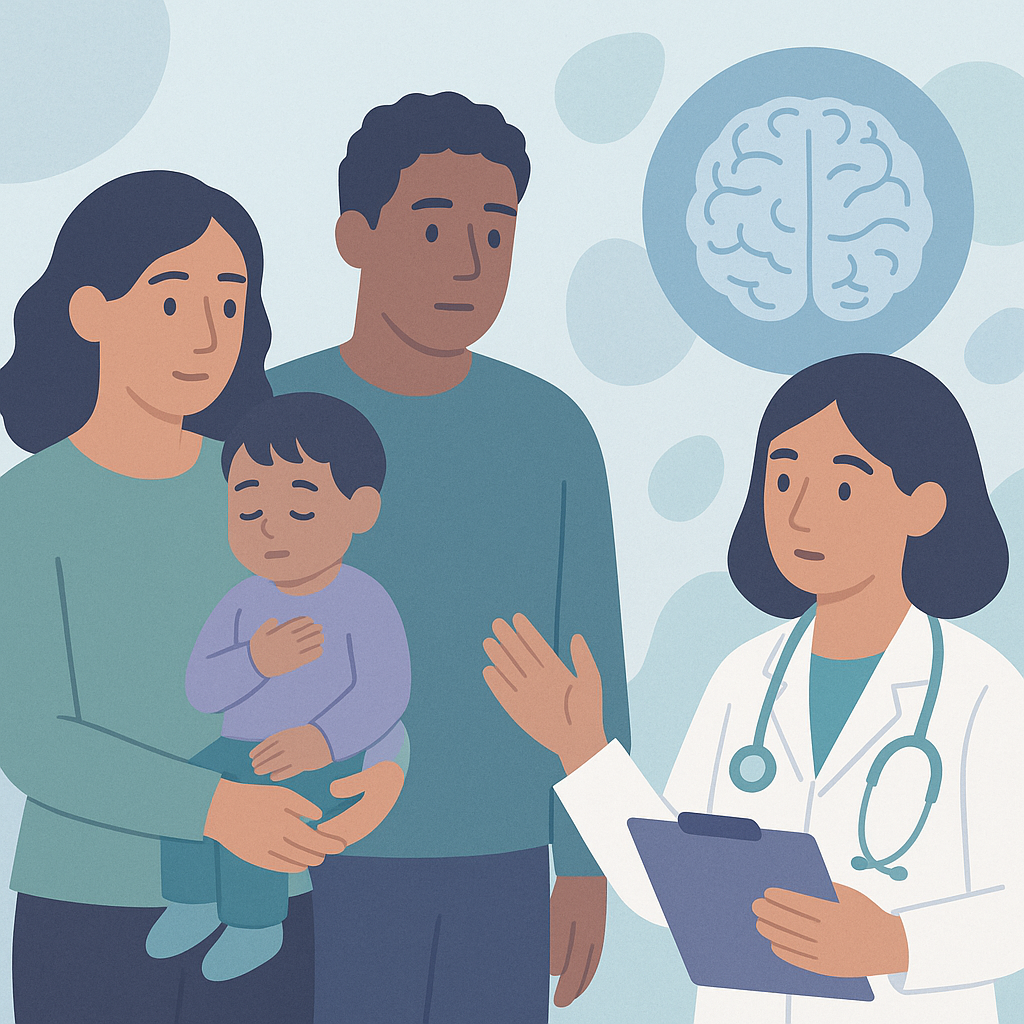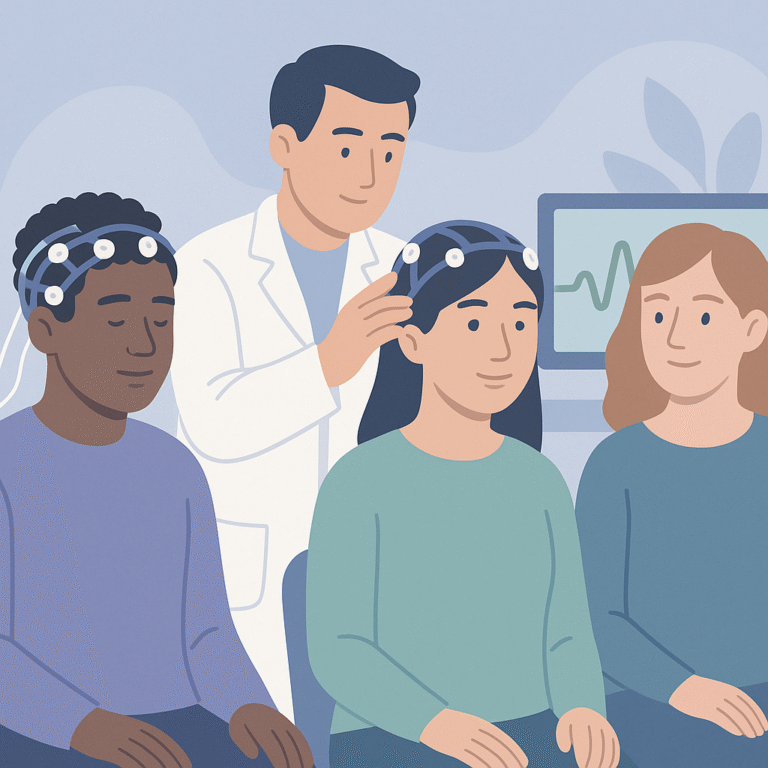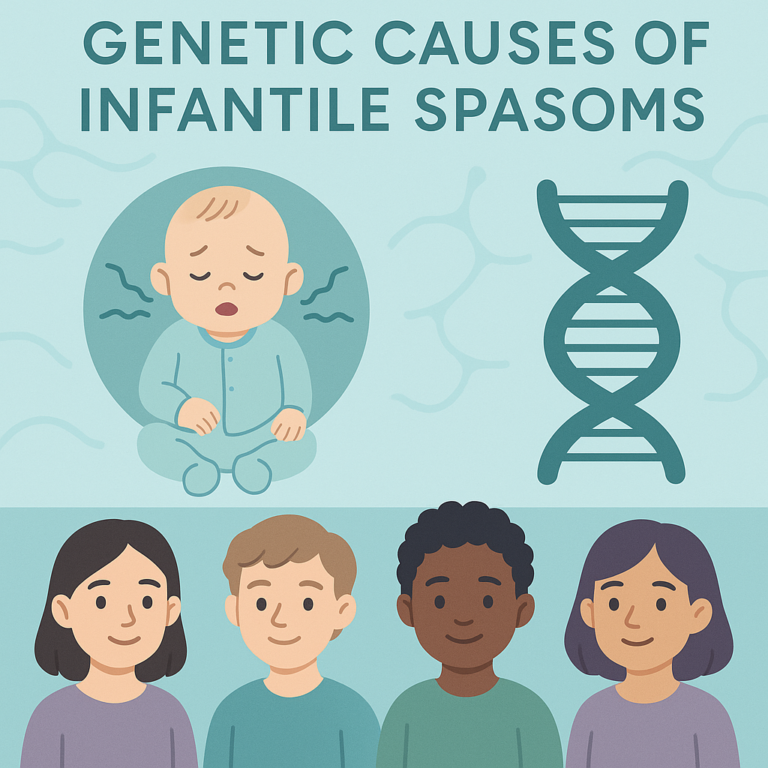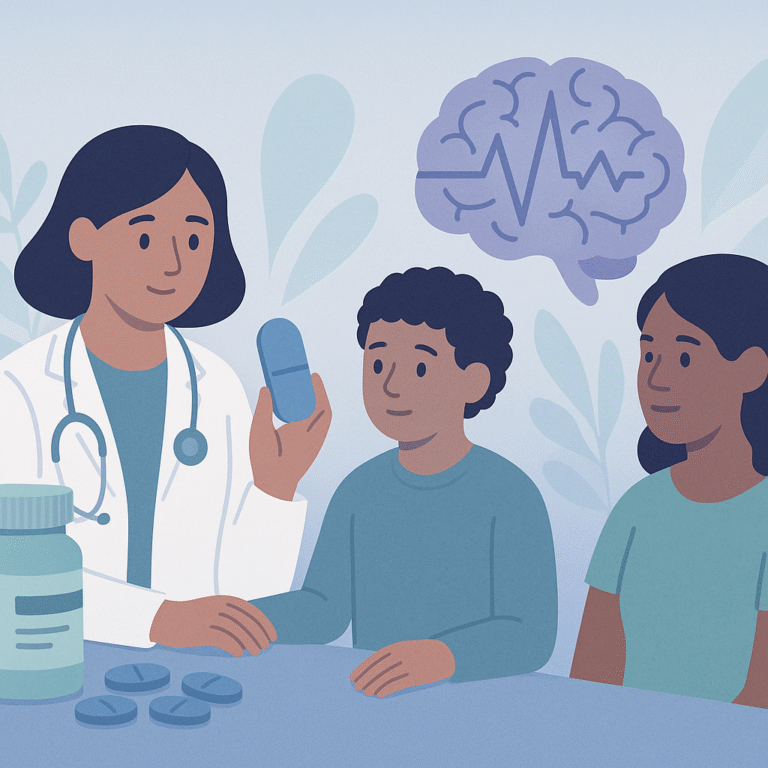Predicting Epilepsy Risk in Children with Febrile Seizures
Source: Seizure
Summary
Researchers studied 231 children who experienced febrile seizures, which are seizures triggered by fever, to see if they could predict who might develop epilepsy or a specific type of epilepsy called genetic epilepsy with febrile seizures plus (GEFS+). The children were recruited from four hospitals in Italy and had different types of febrile seizures, including complex febrile seizures and febrile status epilepticus. The researchers collected information about the children's seizure history, development, family medical history, and results from tests like EEGs.
The study found that certain factors could indicate a higher risk of developing epilepsy or GEFS+. These included having a family history of epilepsy, experiencing more seizures, being older when the first seizure occurred, and having seizures that happened without fever (afebrile seizures). On the other hand, having a normal EEG at the start and experiencing more simple febrile seizures within the first day were linked to a lower risk of developing these conditions.
This research is important because it helps identify children who might be at greater risk for developing epilepsy after having febrile seizures, which can lead to better monitoring and care. However, the study has some limits, such as being based on data from only four hospitals in Italy, which may not represent all children with febrile seizures. Additionally, more research is needed to confirm these findings and improve guidelines for managing febrile seizures.
Free: Seizure First Aid Quick Guide (PDF)
Plus one plain-language weekly digest of new epilepsy research.
Unsubscribe anytime. No medical advice.





